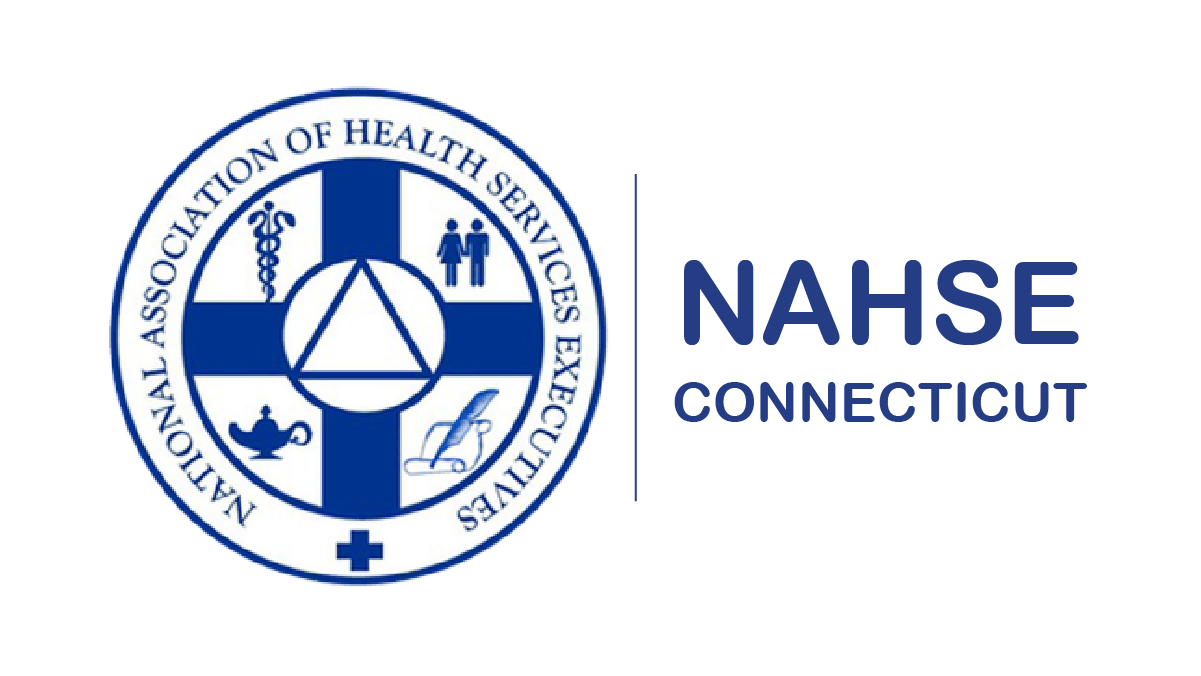MARCH 2021: WOMEN’S HEALTH
Find full event recording here.
Liberty & Reproductive Justice for All: To Doula or not To Doula
In honor of World Doula Week, which took place from March 22-28, 2021, NAHSE CT hosted a panel discussion on March 24th to discuss the importance of doula services to the birthing experience and the potential impact it has on overall maternal birth outcome amongst Black women who disproportionately die during childbirth. Moderated by M. Natalie Achong, MD, MHL, FACOG, a member of NAHSE CT’s board of directors, attendees were able to hear from our esteemed panelists who are all distinguished professionals in the space of maternal health.
Connect with our speakers and access links to resources they shared below:
Lucinda Canty, Assistant Professor at University of Saint Joseph, Earth's Natural Touch: Birth Care and Beyond
Sarah Emmanuel, President, Family Development & Samaritan Foundation
Madeline Y. Sutton, CEO, OneBrain4Health
Whitley Mingo, Maternal Health Social Worker, Nubeing Doula Services
Ashley Minihan, Birth Doula & Childbirth Education Specialist, Begin With Ashley
Event Highlights:
700 women die during childbirth each year and 60% are preventable.
Identified themes amongst Black women who survived complications of risks associated with poor maternal health outcomes despite high socioeconomic status (education, health access, and appropriate utilization, etc.) include:
Perceived relationship with healthcare providers has an impact on patient engagement with their care.
Race matters—negative experiences attributed to racism.
Death should not be associated with childbirth.
Trauma experienced during their birthing experience has a lasting impact on how patients engage with health services beyond their pregnancy.
Doula and Healthcare Access
Doula services are not covered by insurance in Connecticut. Of the states in the country that have passed legislation to implement Medicaid reimbursement for Doula services, only 2 have funding to support it—Oregon and Minnesota.
Maternal Health & Doulas
“Accessible healthcare does not equal Acceptable healthcare”—Dr. Sutton explains why there is a paradigm shift in healthcare for post-partum care to extend beyond 6-8weeks to a full year. Considering how the patient post-partum experience can fundamentally impact their subsequent engagement with the health system, it is important to prioritize and be inclusive of the entire spectrum of healing process mothers experience physically, emotionally, and medically, etc.
Minimize the impact of provider implicit bias by standardizing protocols for standards of care – adopt and expand the standardized procedure requirements for nurse practitioner practice in California to general medical practice across the nation.
Doulas’ support enhances the overall patient experience throughout the entire birthing experience by bridging the gap with an emotional, spiritual focus.
Education & Awareness
Community Resources
Postpartum and mental health in CT: Postpartum Support International, CT Chapter
Agents of Change: To doula or not to doula
Call to Action: Advocacy
Medicaid Reimbursement for Doula Services
Support funding for training & certification of Doulas
Policy Resources:
California policy on Protocol to ensure that Doula care and protocols are standardized – eliminates racism and racial bias in decision making
S.B. No.1: An Act Equalizing Comprehensive Access to Mental, Behavioral and Physical Health Care in Response to the Pandemic
References
https://www.mhtf.org/2020/01/08/expanding-access-to-doula-care/

